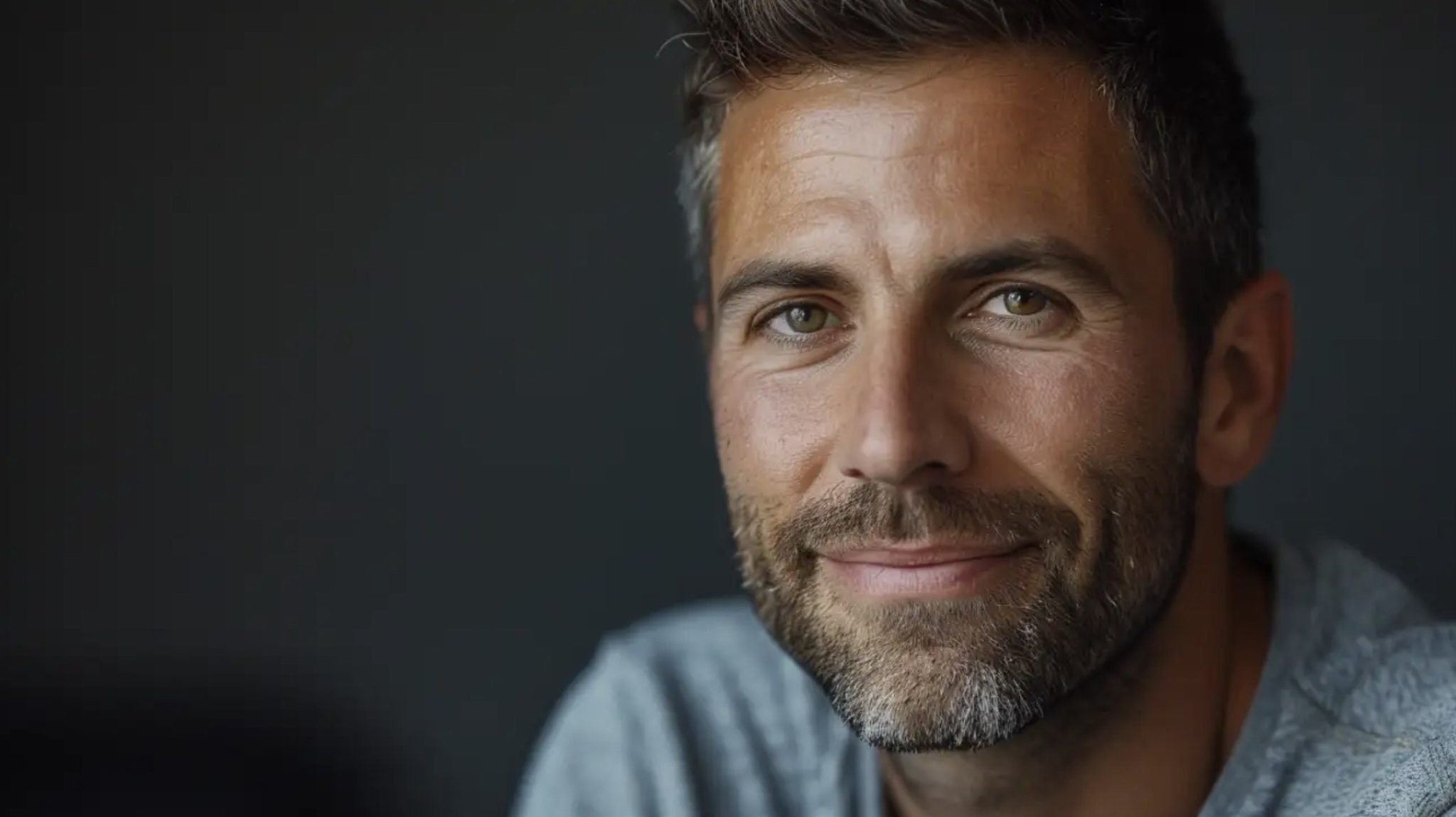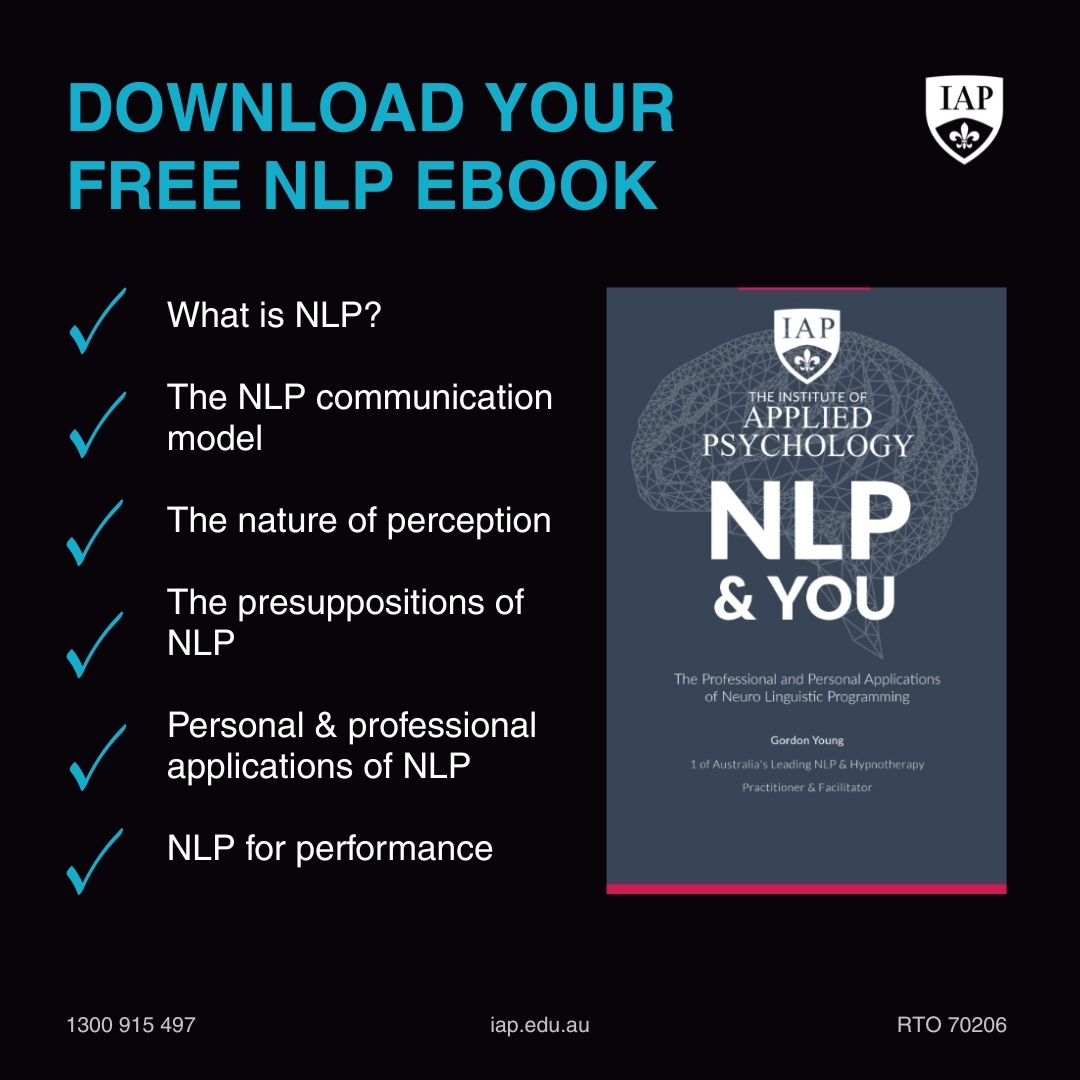Eleven reasons why now is the best time to become a clinical hypnotherapist in all of history
Reason 1: freedom and financial security
The first and very obvious benefit of becoming a clinical hypnotherapist and running your own enterprise is of course that you get to choose your income, your hours and your own lifestyle. There are no bosses or KPIs and you don’t have to deal with the politics, challenging management styles or bureaucracy that can make for a toxic environment in a large organisation.
You can organise your appointments to fit in with family commitments or other interests that you might have. On average a good hypnotherapist will only work around 15-20 hours a week. Our graduates typically begin on $150 dollars an hour and as they build their practice and reputation up, we see them lift their rates. Most charge anywhere between $220-$250 per hour, with some graduates now charging up to $395 per hour.
That’s right.. do the math. When they do just 15 one hour sessions per week (effectively three days work), they can pull in $5925. Conservatively, if we say they only works 40 weeks per year they are still earning well over $200,000 annually, and they gets time to live their life in a way they that never could whilst in full-time work. If you want to know what being in control of your life looks like, this is it!
Reason 2: people want results fast these days
In many ways, this is hypnotherapy’s “time”. Firstly the population is increasingly aware of the benefits of clinical hypnotherapy. Despite still being considered a complementary therapy, and even a little on the fringe, hypnotherapy has a very good reputation for fast and effective results. People want results now. They don’t want to talk to a therapist for months or years any more.
There was a time almost two decades ago when I was never the first port of call as a hypnotherapist. Clients invariably went to counsellors, psychologists or even their GP to address their concerns long before they considered seeing a clinical hypnotherapist. In fact, typically I was deemed to be the last resort when nothing else worked. They would come in hesitantly because they were so worried that I was going to turn them into a chicken. The influence of stage hypnosis was still very strong. Increasingly now people will come to see a clinical hypnotherapist first because it is seen as a more effective, easier and painless option.
The clinical hypnotherapist is likely to see a client for four to six sessions on average which make it a much more affordable and convenient option. Additionally, if the hypnotherapist is a modern strategic hypnotherapist, their success rate will typically be much higher than many other forms of therapy. The model itself is of course only one of the variables that determine success. The client also has to be very willing and able to follow the process, and the practitioner needs to be a master of the craft. If all these factors align, one could safely expect long-term resolutions for most presenting issues in just a handful of visits.
Reason 3: arguably the most effective therapeutic model available today
In my experience as a modern strategic hypnotherapist, I expect an improvement after just one session, and something akin to for resolution into three sessions for most issues. The strategic psychotherapy we teach is so reliable as a model, that if you come back for your second session and you claim that nothing has improved then I know something is amiss. That just doesn’t happen!
The most common reason is that the client didn’t do their homework, which is typically to listen to the recording of the hypnosis session on a daily basis. After all, repetition is the mother of skill and embeds the suggestions into the unconscious mind. If they don’t do it, they compromise the process.
Reason 4: the growing raft of supportive evidence
It isn’t just the experience of practitioners and clients that support the efficacy of clinical hypnotherapy. Now with modern advances in neuroscience and the development of brain imaging equipment, researchers are coming to more fully understand that the state of hypnosis is a unique phenomenon. And not surprisingly the research is supporting the anecdotal evidence. Much of the research is now coming out of prestigious universities like Harvard and Stamford in the United States. In fact, in the United States, the largest psychotherapy conferences in the world (the Evolution of Psychotherapy) is run by the Milton H Erickson Foundation, out of Phoenix Arizona, the world’s premier hypnosis training school, and the place where I trained to become a clinical hypnotherapist.
Reason 5: growing credibility
The American Psychological Association (APA), the most professional organisation of its kind in the world, supports clinical hypnotherapy. In fact, they devote a whole division to the study and promotion of hypnotherapy for therapeutic purposes. It is known as Division 30. But this is not new. The American Medical Association and the British Medical Association both accepted hypnosis as a valid treatment option way back in the 1950s.
Despite the credibility of clinical hypnotherapy has in other parts of the world, here in Australia we are lagging behind somewhat. However, whatever happens in the States eventually happens here, so in my view, the future is bright for modern hypnotherapy in Australia.
Reason 6: be at the leading edge of psychotherapy
There are different forms of hypnosis, but the modern strategic hypnosis that we teach and use is linked to the latest advancements in psychology. It is strengths-based and comes from the same body of knowledge that underpins positive psychology, modern coaching, and most client-centred therapies generally. A very appealing aspect to modern hypnosis is that it is so solution-focused and results driven.
Reason 7: Deep sense of satisfaction
If you’re anything like me you want to feel like you’re having an impact in the world. I don’t want to speak to people about their problems for months at a time. I don’t want to be involved unless I am fairly certain I can achieve an outcome. Many different types of therapists come through our Diploma of Clinical Hypnosis and Strategic Psychotherapy (10450NAT) training, and one of the most common things I see is a deep-seated frustration with the inability to achieve outcomes for clients despite the best intentions.
Modern hypnosis affords me a deep sense of satisfaction because I get to make a significant difference in peoples lives on a daily basis. And to be honest I get a real kick out of the sense of disbelief that I often see on a returning client’s face as they explain the phenomenal degree of change they have experienced after just one session.
Reason 8: Be part of an evolving future
Another contributing factor to the healthy future of hypnotherapy is the development of trancelike or non-conscious forms of therapy like mindfulness. There’s now a recognition that many of the problems people have are more to do with their unconscious processes than their conscious all logical processes. Traditional forms of talk therapy rely more heavily on conscious interventions. Willpower and the emphasis on the negative impact of certain behaviours have been staples of the therapeutic toolkit.
The trouble with these methods is of course that people know that logically their behaviour or their negative thought patterns don’t necessarily make sense. Is it really possible that in this day and age a smoker can honestly not be aware of the dangers of smoking? If they live in Australia they go to a vending machine that clearly states SMOKING KILLS. It doesn’t stop them buying their cigarettes. It’s a behaviour often driven by emotional needs rather than rational needs.
The great difference between what hypnosis can do and what most talk therapies can do is in the power of suggestion. It is often said that through hypnosis we get to talk to the unconscious mind and bypass the conscious mind. I’m not so sure about this, but what I do know is that when a client’s eyes are closed and they are doing nothing but listening to me, that extra ability to attend to what is being said makes my suggestions as a therapist much more impactful than anything I could say in a standard conversation. This is the essential difference in how hypnosis works that seems to make all the difference.
As a result, hypnosis can be used anywhere the mind is involved. The obvious and most common presenting issues of things like anxiety and insomnia. Addictions like smoking, drinking, drug use, or these days social media are also regularly tackled by clinical hypnotherapists. The popularity of mindfulness, even now in a corporate setting, opens the door to the acceptance of modern hypnosis across many contexts.
Reason 9: Be in demand
Another key point is that there is a demand for good hypnotherapists. Currently in Australia, the largest professional body of hypnotherapists, the Australian Hypnotherapists Association (AHA), only has 521 members. This is to service a population of 25 million. There are over 100,000 searches for hypnotherapy services and related topics each and every month in Australia alone.
In my view, there is a real deficit here. Add in the fact that people will readily pay more to see a hypnotherapist than most types of therapists because of the perceived higher value. Unlike many forms of talk therapy hypnosis is a very unique experience. One of the disadvantages for counsellors and psychologists is that the experience of talking to a professional doesn’t always seem different enough from talking to a friend, and they start to question the value of the process. Whilst I don’t think this is a particularly fair assessment, I can see how people come to that position.
But people can’t get a hypnotic experience at a cafe table with a friend. They have to come to you. This makes your service unique and sought-after, and you have the potential to run a practice that offers you not just financial security, but freedom to live your life as you choose.
Reason 10: It’s easier than you might think to become a clinical hypnotherapist
Our nationally accredited Diploma is just 16 days face to face and you don’t need a prior qualification. The face to face components are where we focus on the practical concerns of taking people in and out of trance, with much of the theory delivered online so you can view it at your own convenience. Furthermore, this is not a university qualification, and even if you have not studied in decades, the assessments are relatively simple. Many questions are 20-50 word responses. There are also role plays that you record and submit.
In my view, it is also a great investment. It is a relatively inexpensive career change. The cost is a fraction of many diplomas in business, cyber security courses or digital marketing, and many graduates have found that they have recovered their initial training investment within 3-6 months of starting their practice.
Reason 11: Be all you can be
And finally, by becoming a clinical hypnotherapist, you get to play in the fascinating space of human potential. You get to explore the power of the human mind and witness what it can do to overcome physical, mental and emotional concerns. And as part of this process, you will evolve as a human being yourself. In my life, before I was clinical hypnotherapist I think it’s fair to say that I was not known for my wisdom or insight. Those days are gone! You will transform lives, including your own.
If you are interested in exploring the possibility of becoming a clinical hypnotherapist, be it a career change or a side interest, you can start with our click here to see course information or call 1300 915 497.





